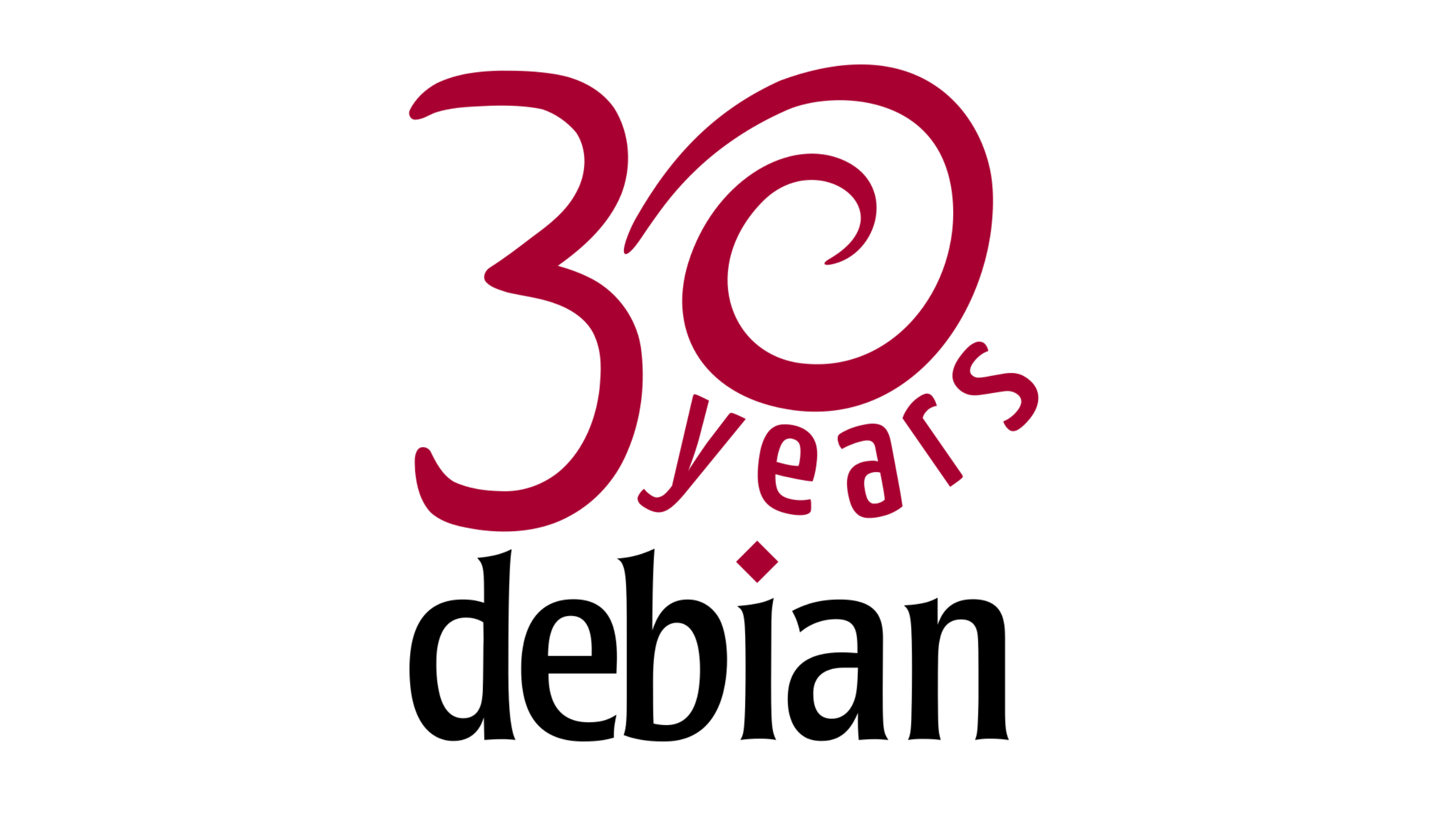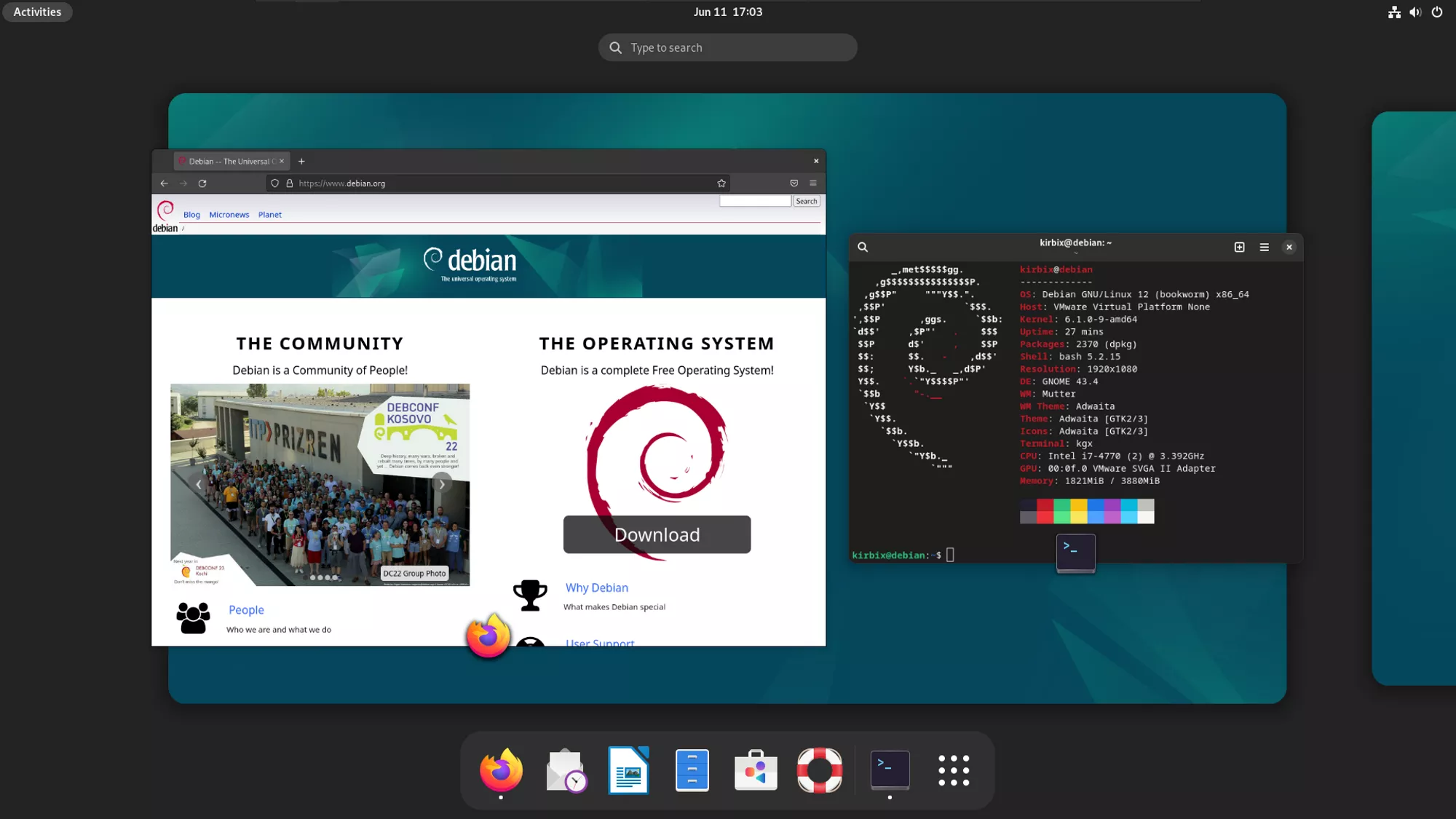Why it matters: Debian is not the oldest Linux operating system out there, being just a month "younger" than Slackware. But the project started by Ian Murdock certainly is the most successful, as it can be found essentially everywhere and within its most popular derivative projects, too.

On August 16, the Debian blog announced that the project is now officially 30 years old. The Linux distro was established by Ian A. Murdock in 1993, with a message sent to the comp.os.linux.development newsgroup. Murdock created Debian from scratch, providing the guidelines needed to govern upgrades, installation procedures, and the size of every release.
Murdock sparked a movement within the Free Open Source Software (FOSS) community, the Debian blog remarks, and he continued to work on the OS before the Debian Project organization took over. The free operating system is now aided by volunteers all around the world, with support from users, contributors, developers, and of course sponsors.
Debian calls itself the "Universal Operating System," and the system can indeed be found almost everywhere. The OS powers cluster systems, data centers, desktop PCs, embedded systems, IoT devices, laptops, and servers. It can even be found on the computers aboard the International Space Station, with specific, embedded projects conceived to support educational institutions (Debian Edu), scientific research (Debian Science), accessibility (Debian Accessibility), and more.

The best testament to Debian's ongoing success is, however, the fact that it gave birth to more derivative projects than any other Linux distro. Debian is the beating "heart" of gLinux Rodete, the Linux OS internally run by Google, it provided a very convenient way (free as "free in beer") to build some of the most massive cloud infrastructures available today (AWS), and of course it was used as the foundation of Ubuntu.
Nowadays, Ubuntu Linux formally is the most popular free OS with a 33.9% market share, while Debian gets the second place with a 16% share. And then there's the ginormous Chinese market, where Beijing authorities promoted a program to replace Windows with Linux. Chinese users adopted Kylin, which is an Ubuntu remix, and Uniontech's UOS systems with the end-user Linux Deepin system, which is also based on Debian.
Commercial companies like Red Hat are making big money though Linux support and usage, but Debian and its many offspring likely have 50 times as many users as RHEL. Some of these users will surely join celebrations for the first 30 years of the Debian project, with a series of parties being organized all around the world for the weekend.
https://www.techspot.com/news/99836-debian-granddaddy-linux-operating-systems-turns-30.html